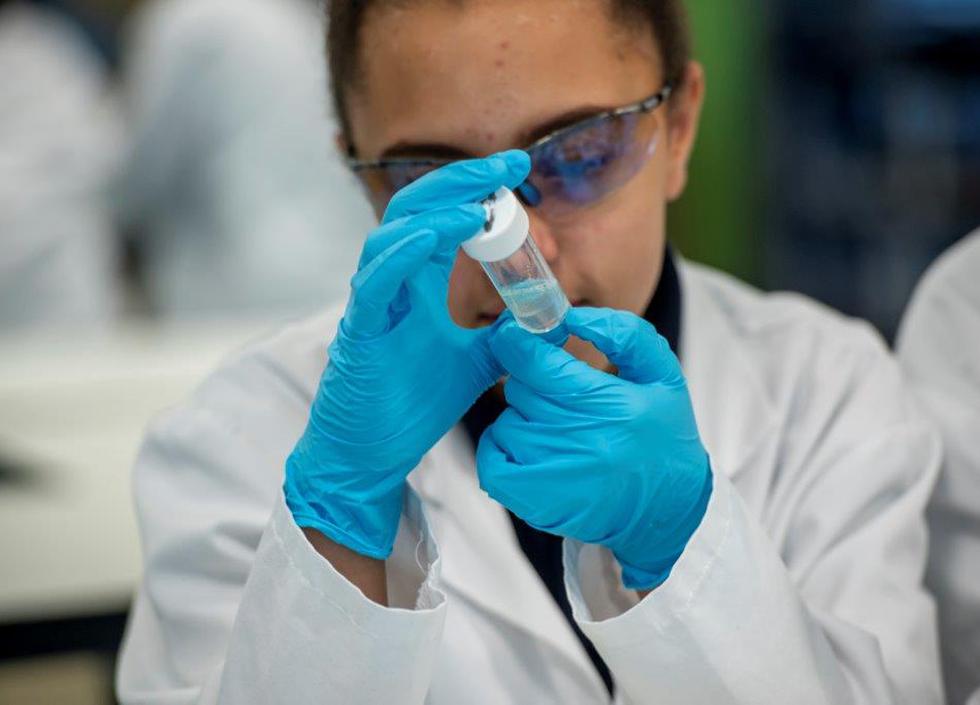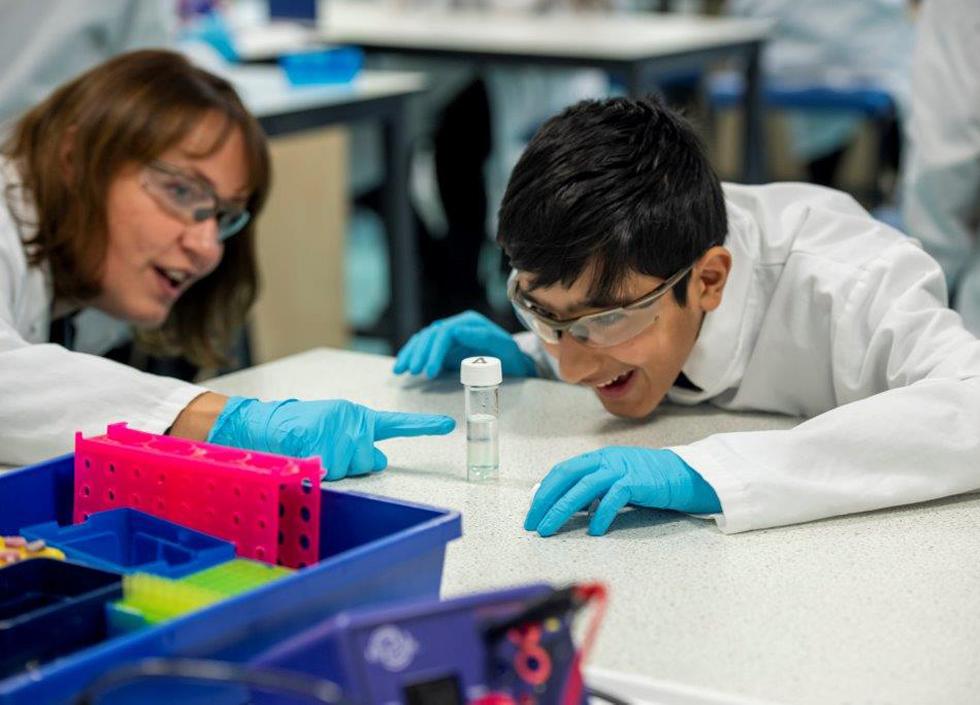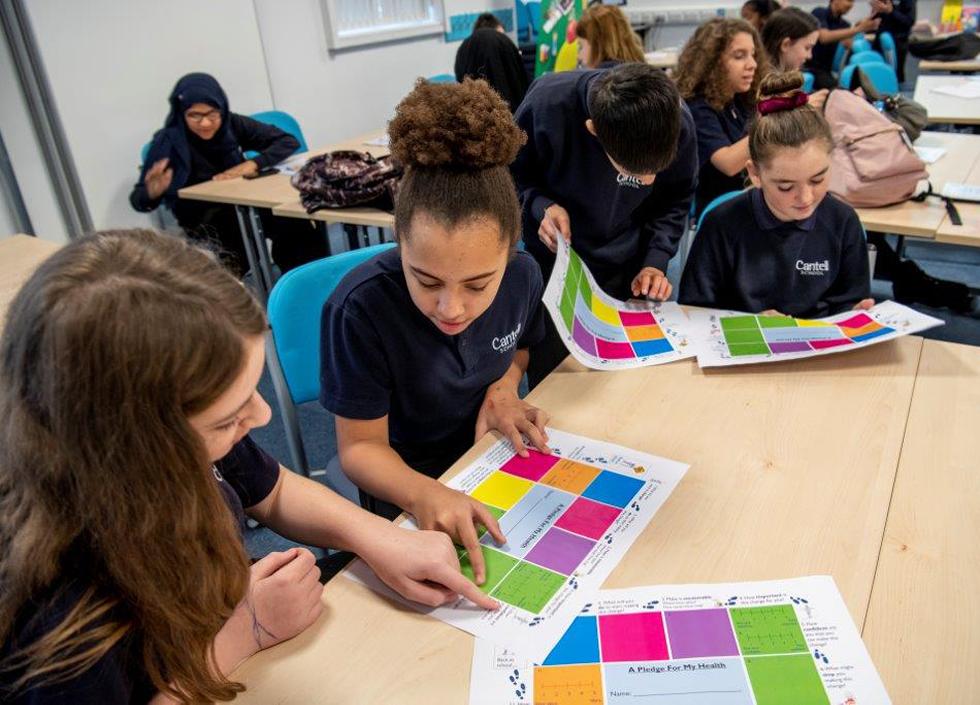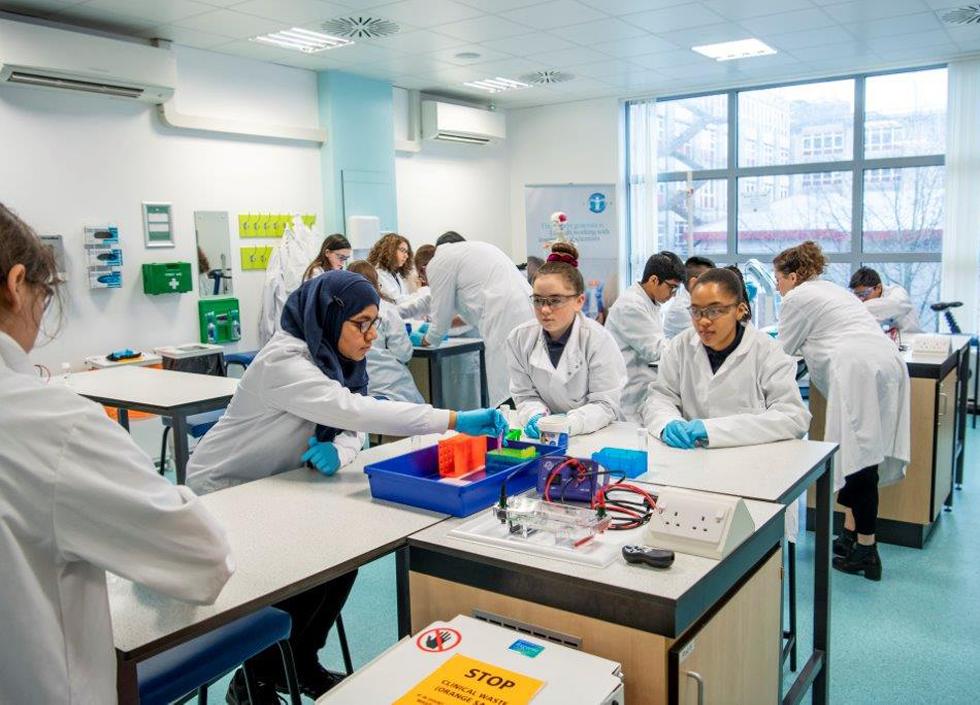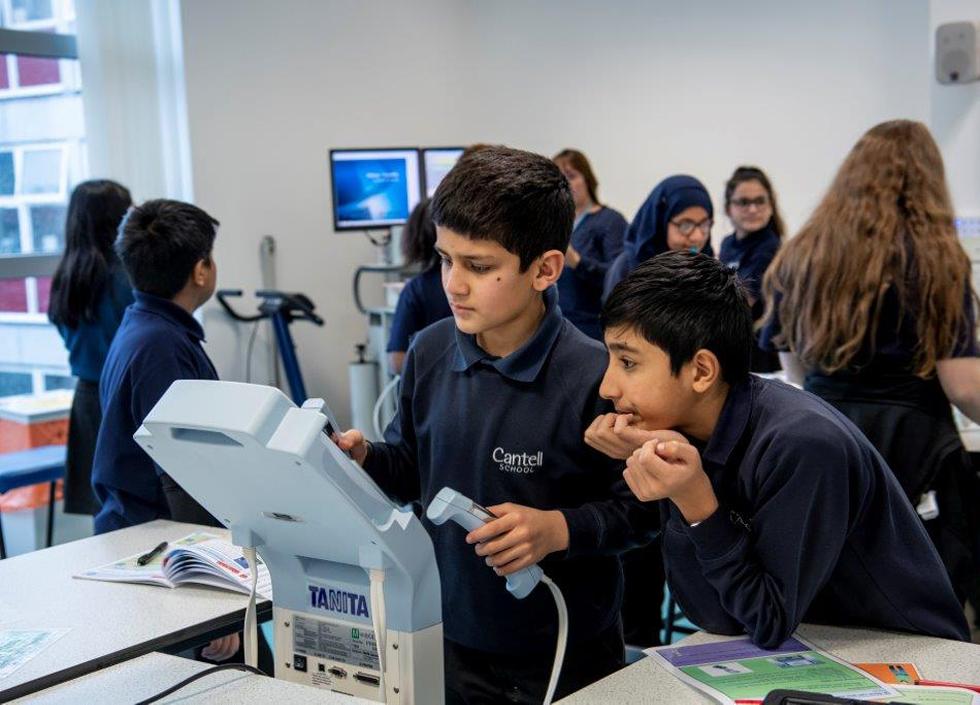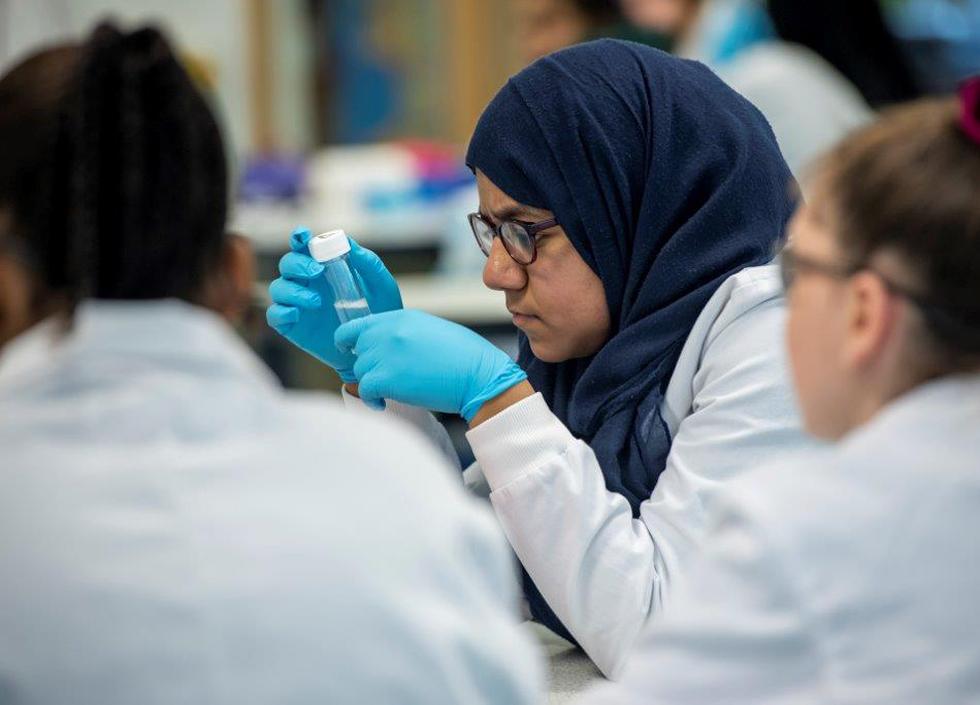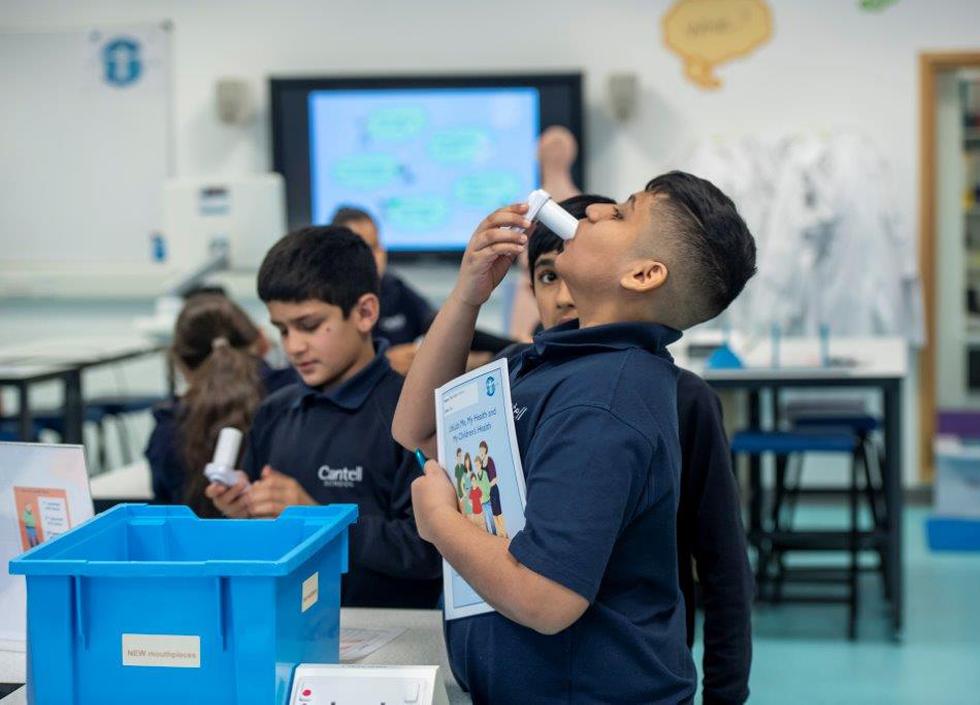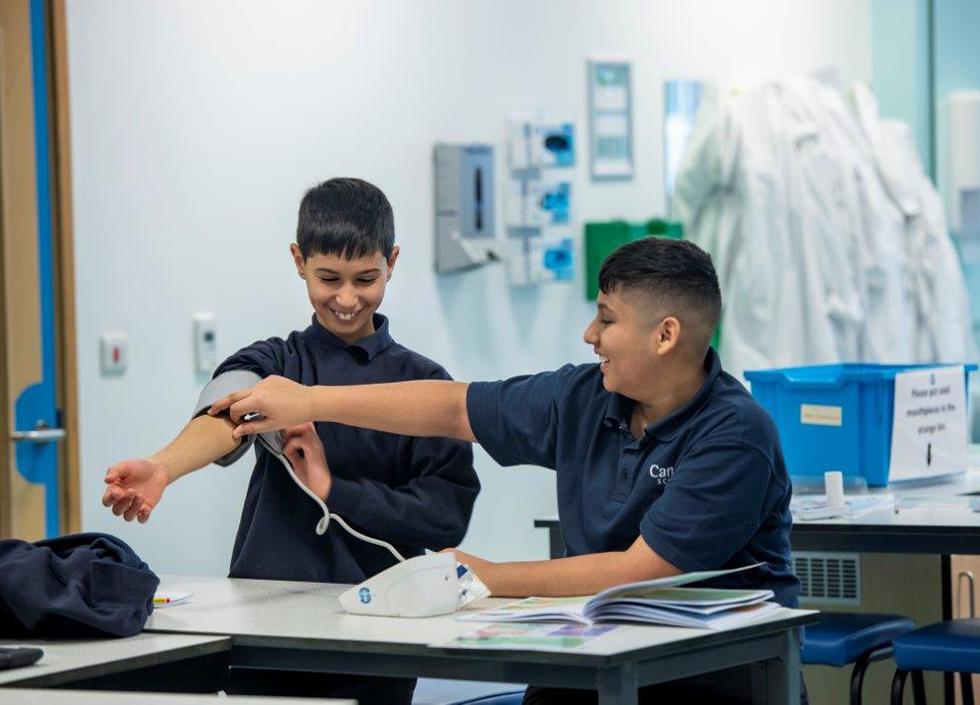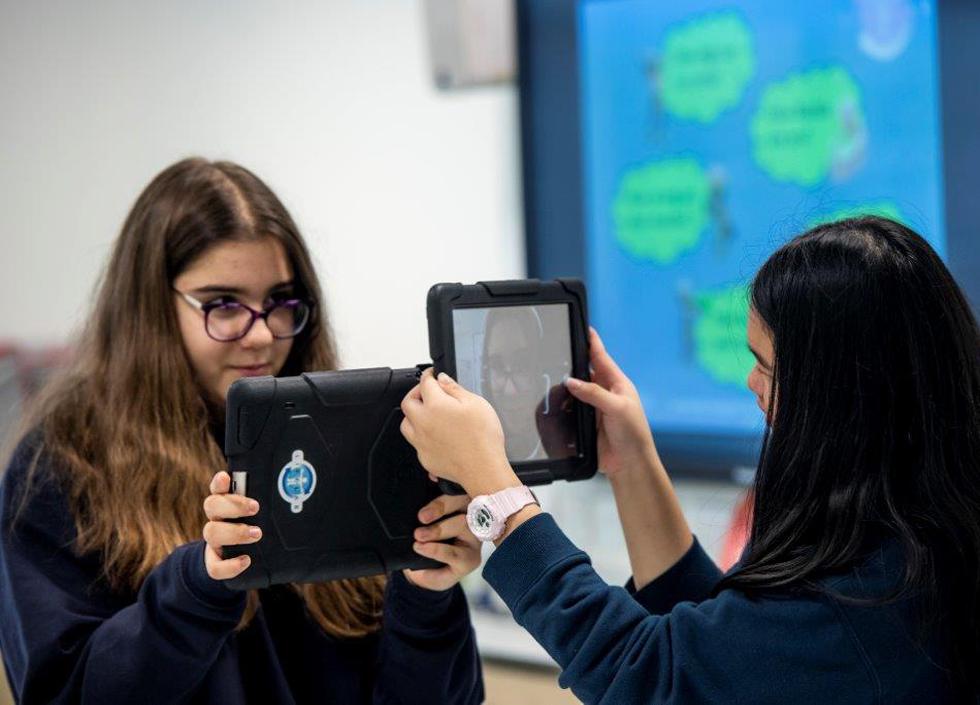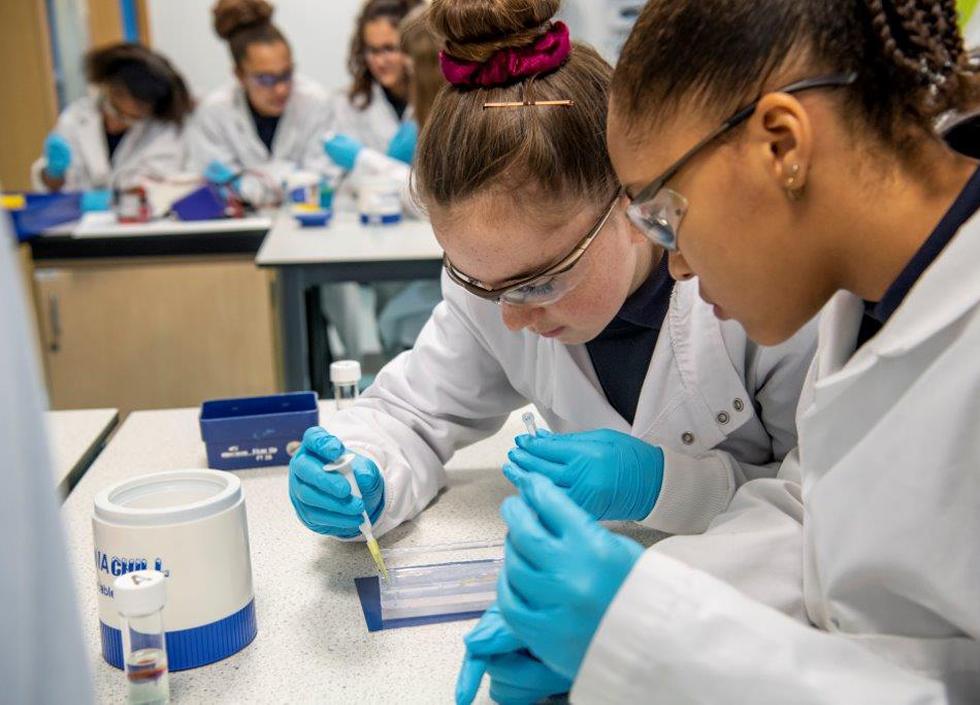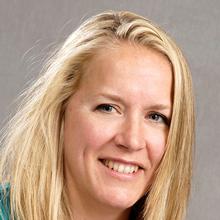Teenagers: the next generation of parents
How we can use education to transform theirs and their future family’s health
Thousands of young people are being inspired to make better choices about the food they eat and the amounts of activity they undertake, thanks to an internationally acclaimed and award-winning education programme which brings science and education together.
LifeLab is a novel educational intervention designed to empower secondary school students, through science enquiry, to understand the consequences of lifestyle choices for their own health and that of their future families.
Since it launched in 2008, a new purpose-built, state-of-the-art facility opened at the heart of University Hospital Southampton in 2013 and more than 11,000 pupils and 300 teachers have been though the programme. Every secondary school in Southampton has taken part as well as other schools across the south coast.
Inspirational stuff. In addition to direct subject content, students are exposed to quality research work, and a variety of employment roles.
LifeLab is much more than a school trip. The programme is centred around an immersive learning experience within University Hospital Southampton NHS Foundation Trust, giving secondary school students access to teaching in a clinical setting and the inspirational people connected to it. While there, students are able to investigate their own health and discover what impact lifestyle choices can have on developing non-communicable diseases like diabetes, cancer and heart disease.
The experience builds on a resourced teaching programme of 10 lessons, designed by LifeLab educators, which is explicitly linked to the National Curriculum for Science in England and delivered within schools through the science curriculum. This follows Continuing Professional Development (CPD), which upskills teachers who can then further embed the learning at a local level.
Our evidence shows that this increases young peoples’ knowledge about their health, and is currently being developed further to see how best it can be translated into behaviour change. In collaboration with LifeLab students, an app is currently being designed as a further component in the programme.
Kath Woods-Townsend, LifeLab Programme Manager, says: “LifeLab is making a major contribution to the way we engage our young people with thinking about their health and how the decisions they make now, can affect their children in later life.
“Being set in a laboratory and giving young people access to scientific equipment empowers them with the science behind the health messages and encourages them to make better choices. It is this activity and the work with their teachers that positively reinforces the curriculum and inspires students to make positive changes.”
Students are already discussing their interest in studying science at college or pursuing it as a career; they clearly understand the impact of their current decisions on future generations.
Feedback and assessments through randomised controlled trials have shown that the programme creates a step change in how young people view their health and the health of their future children.
Significantly more LifeLab students recognise that current diet could affect their future health, and their children’s risk of future disease. Students actively pledge to make small changes to their health-related behaviour, and these pledges are followed up back in school with their teachers who have received training in supporting behaviour change.
LifeLab has also shown to inspire them to study science post-GCSE and pursue a career in healthcare, medicine or nursing, especially in girls.
LifeLab is being recognised internationally with the team being asked to present at the World Health Organisation (WHO) and lead a series of discussions International Developmental Origins of Health and Disease (DOHaD) biannual conference in Australia.
I think that what you’re doing is absolutely amazing…having had the vision to create it…I hope that you’re going to be able to bottle this and export it right the way across the country because that's the way forward for our young people to be learning about science where it has a direct relevance to their own lives.
